After completing a tooth-whitening treatment, maintaining results relies not only on using a waterproof seal in your bleaching trays to block pigments but also on rigorous allergen testing to select safe post-treatment foods. Any dietary allergen or cross-contamination can trigger gum inflammation, accelerate stain redeposition, or undermine whitening effects. Therefore, testing every recommended ingredient for allergens is essential for B2B partners to ensure product safety and user satisfaction.
First, bleach leaves dentinal tubules open and enamel slightly demineralized for about 48–72 hours:
During this “high-sensitivity window,” consuming allergenic foods risks discomfort or color relapse.
Consequently, allergen testing of common post-whitening ingredients is crucial:
Only data-driven testing provides B2B clients with quantifiable, traceable food-safety assurances. Company web: https://www.powsmart.com/product/electric-toothbrush/
Meanwhile, a robust waterproof seal design helps users rinse or soak their trays immediately after meals:
This hardware protection paired with dietary controls delivers a double-layer defense.

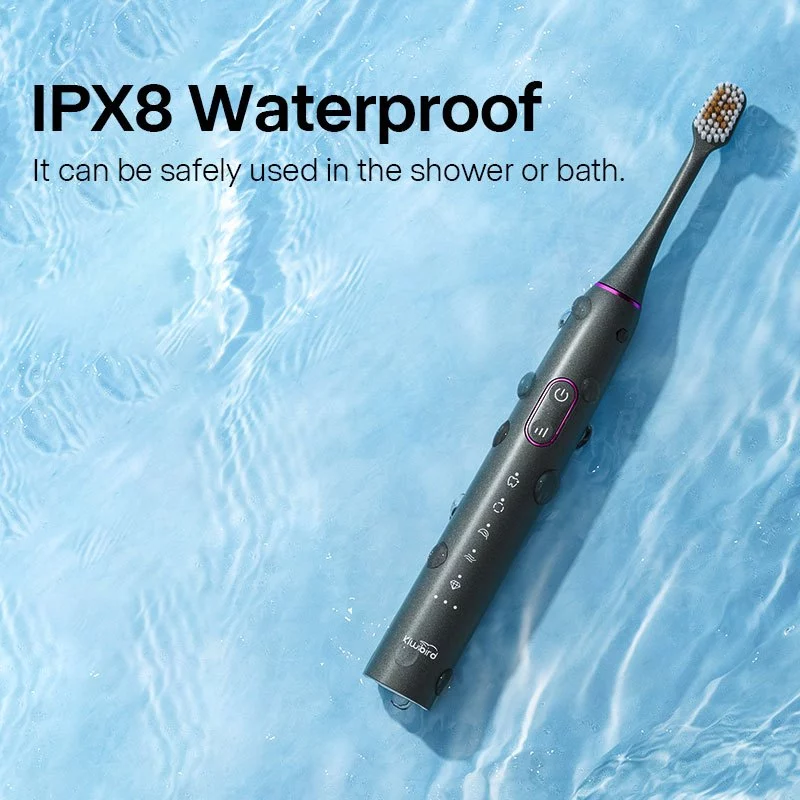
Based on allergen testing, B2B partners might propose:
All menu items have passed multiple allergen panels and avoid strong pigments or acids.
For B2B manufacturers, providing robust guidance is key:
A full-service support model ensures partners can confidently deliver safe whitening aftercare.
Finally, ongoing improvements include:
Through relentless iteration, B2B firms will lead the market in post-whitening dietary safety and performance.
Conclusion
During the critical post-bleaching recovery phase, allergen testing and a reliable waterproof seal form an indispensable dual barrier: the former guarantees food safety, and the latter provides a physical shield. Only by investing in testing, design, training, and data services can B2B manufacturers deliver an effective, worry-free whitening aftercare experience. Contact us to co-develop an innovative, safety-first post-whitening ecosystem!
.jpg)
The Ultimate Guide to Purchasing Water Flosser from China for Maximum Value
.jpg)
China Electric Toothbrush Factory Shipping Seattle Port | Reliable Supply
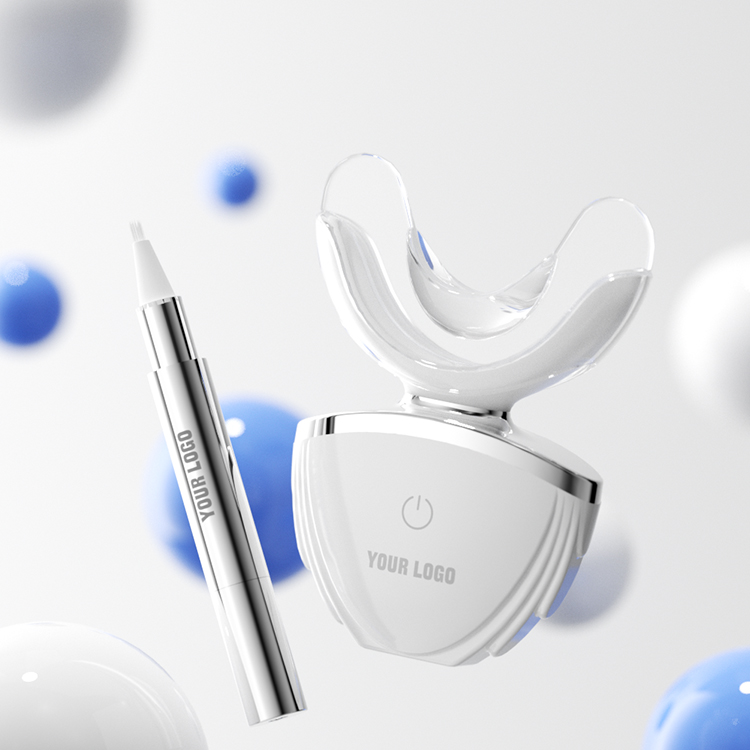
Can a Gingival Sulcus Cleaner integrate a Thermochromic Indicator for safety monitoring?
.jpg)
Smart Electric Toothbrush Manufacturing: How to Choose the Best OEM Partner
.jpg)
Can a Toothbrush Provider Supply Toothbrush for Children with Characters?
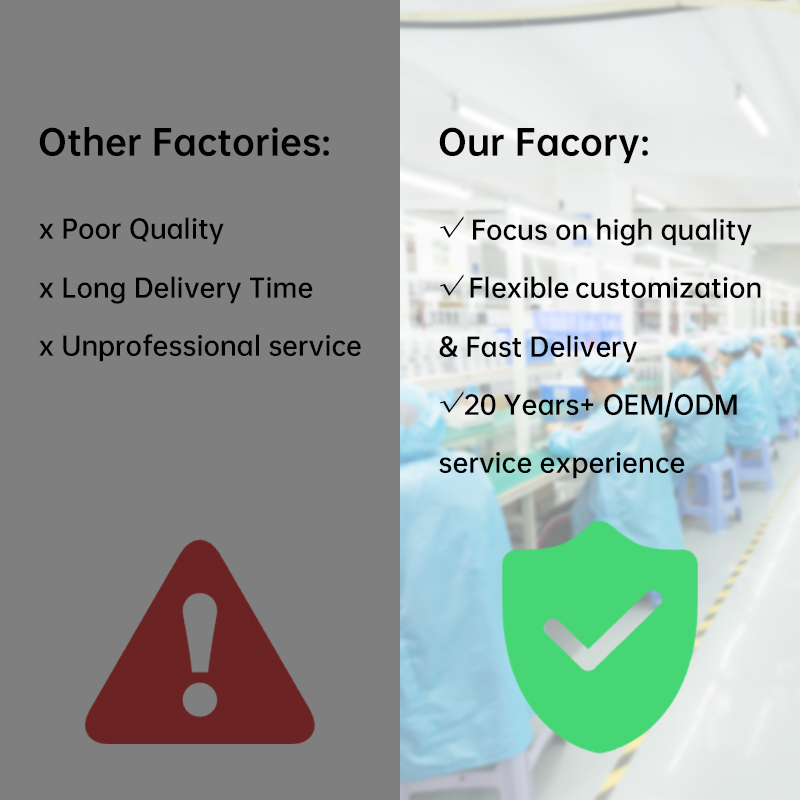
Low MOQ Sonic Toothbrush Factory Options for Startups in Washington
.jpg)
Jaw Fatigue After Taste Alteration – Coincidence?
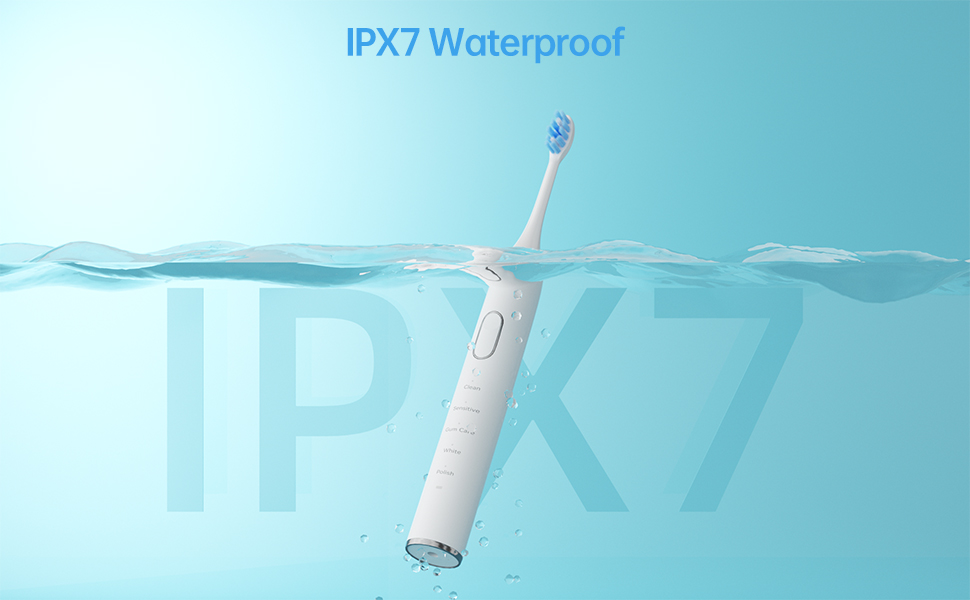
Is the Disinfection Stand for Electric Toothbrushes Useful? An OEM Analysis from the Factory

comprehensive oral care solutions: Why Consumers Prefer Them
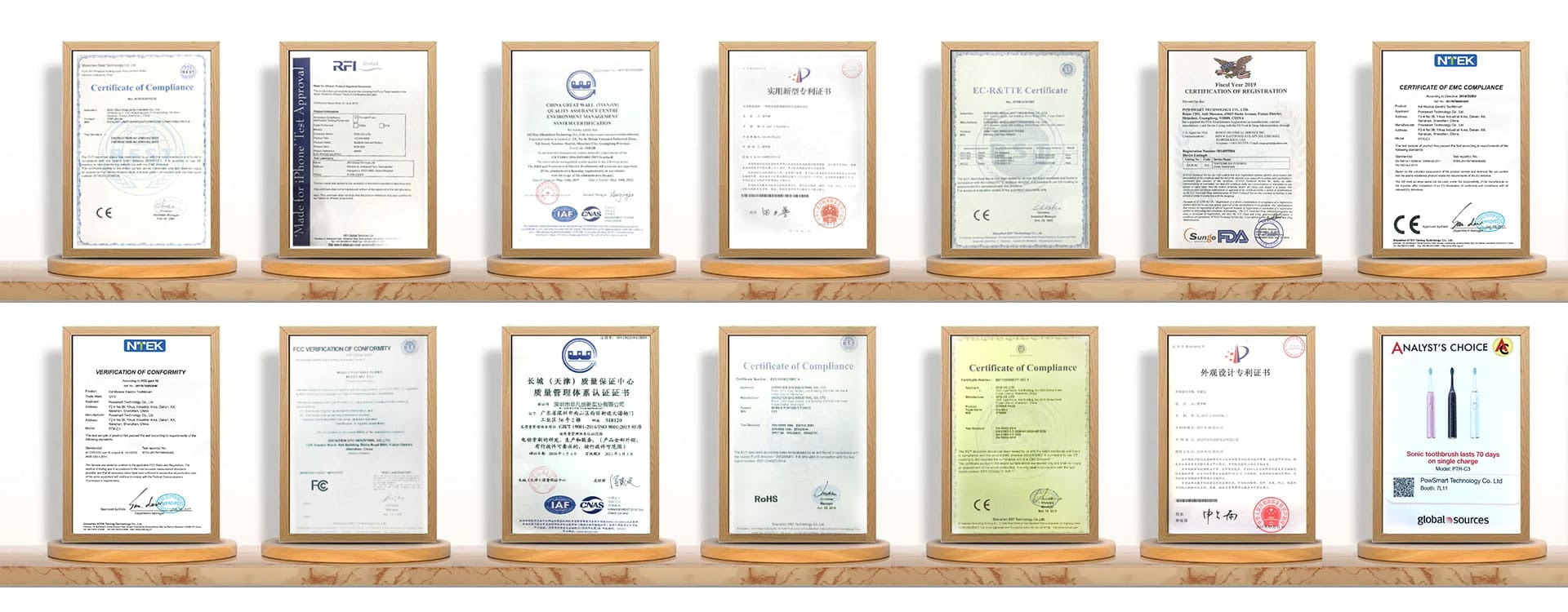
What Basic Qualifications Are Usually Required for an Electric Toothbrush Factory?
.jpg)
Does Reservoir mold in Water Flosser Tanks Block Spray Tips?
.jpg)
USB-C Travel Water Flosser – Compact Portable Irrigator
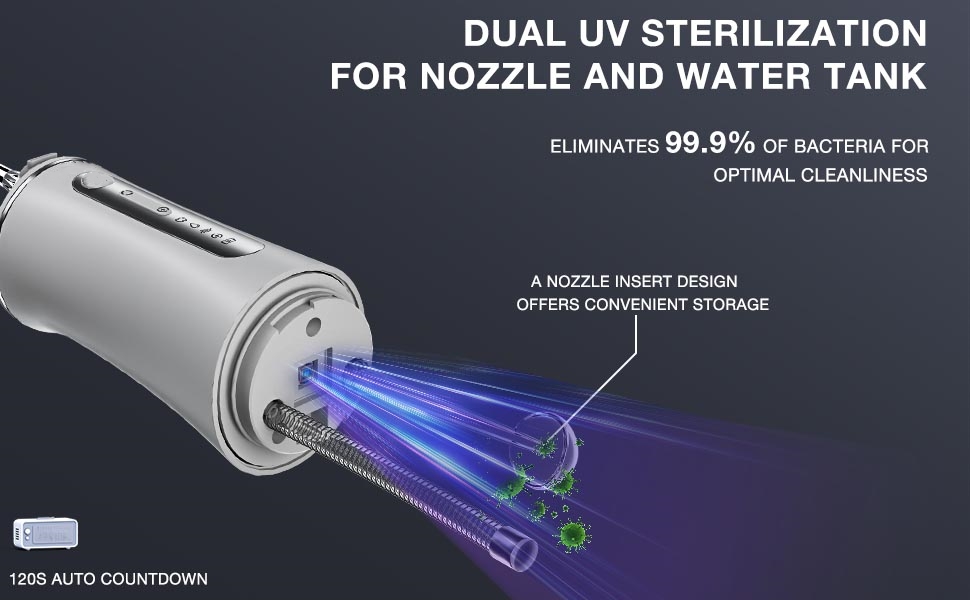
Analyze the Advantages and Disadvantages of Different Types of Flossing Technology According to Different User Needs
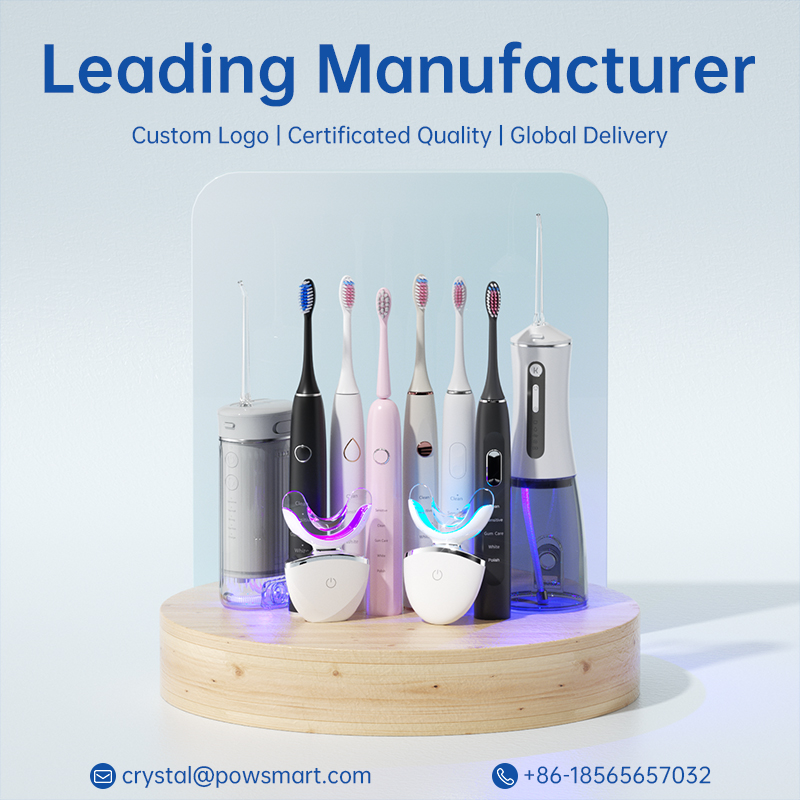
OEM Electric Toothbrush Quality Manufacturing in USA Texas
.jpg)
Electric Toothbrush for Clinics Europe – Professional Oral-Care Supply
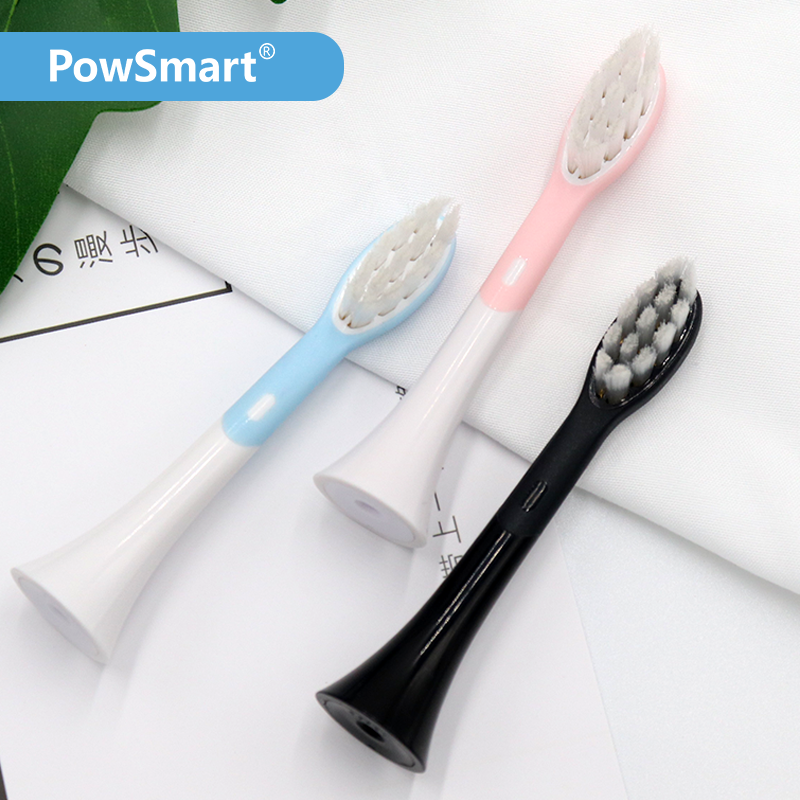
Why Is the Powsmart Ortho Head Key to the Clean Braces Technique?